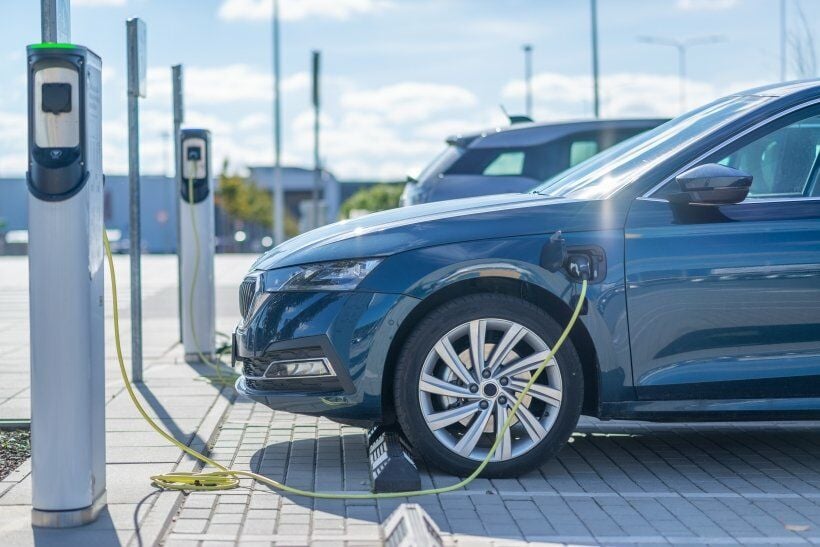Euro EV sales dip but Thai operators charge ahead with optimism

Despite a recent 11% drop in electric vehicle (EV) sales in Europe, Thai business operators remain optimistic about local EV market growth. They believe that the circumstances in Thailand significantly differ from those in Europe, making direct comparisons of the two markets inappropriate.
The European EV market downturn, says Bloomberg, is attributed to factors such as high insurance and repair costs, limited charging facilities, and the end of government subsidies for EV purchases. However, Thai entrepreneurs remain confident that the local EV market will continue its rapid growth trajectory.
Peerapatr Sirichantaropart, Sharge Management Co’s Managing Director, considers the price competitiveness of EVs, the variety of EV brands, and the availability of charging facilities as the major contributors to the Thai market’s potential growth. Peerapatr stressed that the Thai and European markets are fundamentally different in these respects.
“One package, dubbed EV3.5, comprises subsidies, reduced import duties for fully assembled cars, and an excise tax cut. EV manufacturers participating in EV3.5 are required to produce EVs domestically from 2026. This should make EVs more affordable, increasing the number of potential buyers.”
Surapong Paisitpatanapong, the Federation of Thai Industries (FTI) Vice-Chairman and spokesperson for its Automotive Industry Club, echoed this sentiment. He anticipates that large-scale domestic production will drive down EV prices to less than 1 million baht a unit.
“Different directions of the EV industries in Thailand and Europe are due to the Thai government’s dual focus on promoting environmentally-friendly cars and developing an EV production hub for global export.”
EV purchasing
Vasu Klomkliang, Senior Vice-President for Strategy and Investment Planning at Energy Absolute Plc, pointed out the significant role of charging infrastructure in influencing EV purchasing decisions. He added that the affordability of electricity in Thailand, along with laws facilitating home charging, are factors that distinguish the Thai EV market from its European counterpart.
However, the FTI cautioned against premature conclusions. It highlighted the need to wait for four to five years to gain a clearer understanding of the Thai EV market situation, said Surapong.
“Many factors led to the decline in EV sales in Europe, in addition to the expiry of subsidies. European countries are struggling with an economic slowdown, attributed to geopolitical conflicts, as well as higher energy costs, which are affecting the auto market.”
The EV market’s future in Thailand is thus perceived to be promising despite the recent downturn in Europe. With government support, domestic production, and a favourable economic environment, the Thai EV industry appears set for continued growth, reported Bangkok Post.
Latest Thailand News
Follow The Thaiger on Google News:


























